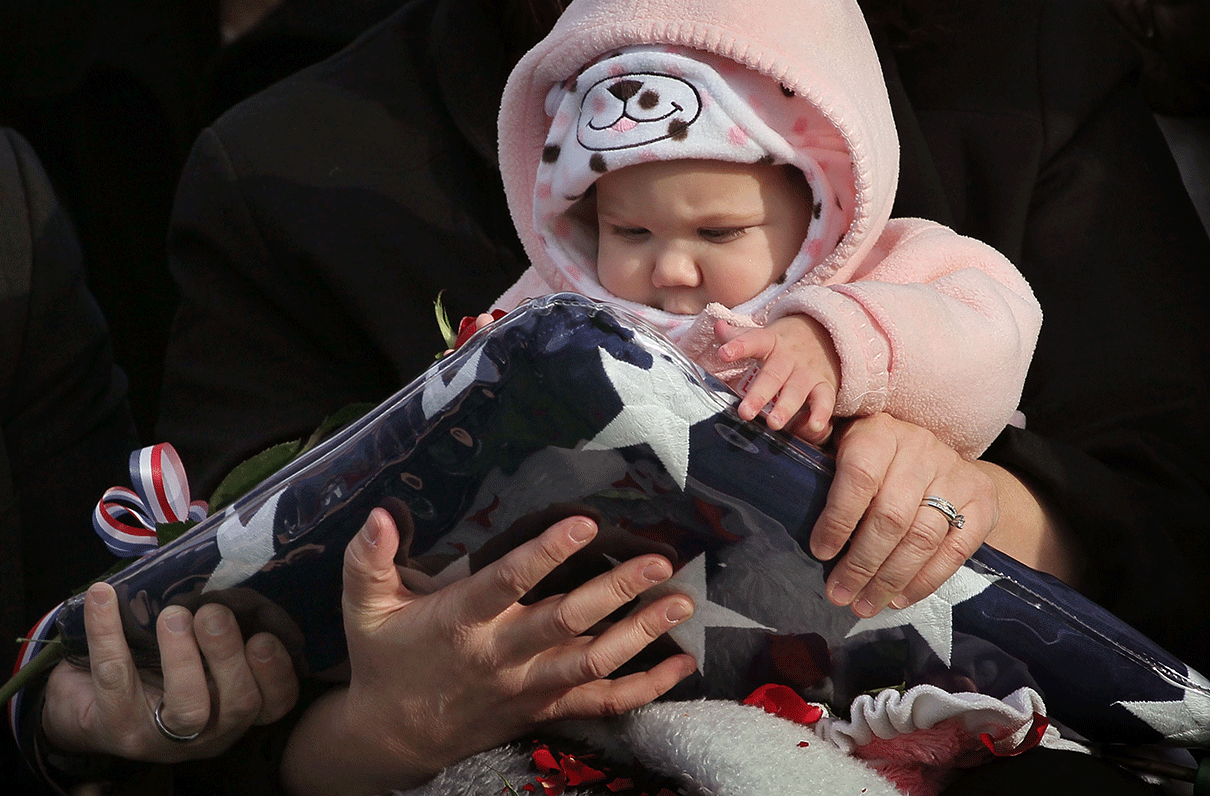July 4 is a big deal in Washington D.C. People from all over the world converge on our nation’s capital to experience the celebration and take in the sights.
Conversely, there are many D.C. locals who take this opportunity to get out of town for an annual summer trip, or just for some quality time with family. And leading that departure list are members of Congress.
The lawmakers who head home often take part in local parades, picnics, or other patriotic events. You may want to seek them out, or you just may end up in the same place. Either way, here’s how you can best engage them with a memorable “thanks and a pitch.”
First, thank them for their service. Regardless of party or preferences, lawmakers put in grueling hours … and even when they play, they are working. Yes, it’s the life they chose, but in the spirit of patriotism let’s be united in recognizing their role and position in our government.
Second, once pleasantries are exchanged, take the opportunity to seek their support – whether new or continued — on two of MOAA’s hottest advocacy issues:
1. Repeal the “widows tax.” Legislation in both chambers (H.R. 553 and S. 622) has overwhelming bipartisan support, with 365 cosponsors from the House and 75 cosponsors from the Senate as of July 2. MOAA’s point of focus with the issue is the House, specifically getting language from those bills added as an amendment to that chamber’s version of the National Defense Authorization Act (NDAA).
[TAKE ACTION: Ask Your House Member to Support an NDAA Widows Tax Repeal]
Some talking points for your discussion:
- Surviving spouses lose a portion of their DoD survivor's annuity to offset the VA's Dependency and Indemnity Compensation (DIC).
- These are two different pays for two different reasons, from two different departments.
- Nowhere else in our government do we penalize those with an annuity to help fund another department's requirements. Military survivors lose about $12,000 per year.
- Support for ending the tax is overwhelming (84% of the House, 75% of the Senate), but lawmakers need to show a deliberate resolve to overcome procedural rules regarding the resourcing.
- Bottom Line: Repeal is within reach. Make sure we do not miss this opportunity.
2. Do Not Dismantle Military Medicine. DoD plans to eliminate 18,000 medical billets, about 20% of their force, and move all medical care for retirees and families out into civilian networks. This could send shockwaves through both the military health care system and through private-sector care networks near military installations, resulting in delays and other problems for retirees and military families.
[Take Action: Ask Your Lawmaker to Protect Military Medicine]
MOAA supports the language in the House NDAA version that will require a delay for these moves until DoD analyzes their effects on combat casualty care, recruiting and retention, and potential disruptions in civilian-sector care. It’s a good start, but more is needed from Congress, such as requiring DoD to:
- Address each military treatment facility and the medical billets to be reduced.
- Offer specific plans to mitigate potential gaps in care.
- Include measures for local civilian networks to determine their capacity to provide care in affected areas.
Share your concerns about these issues on a personal level, if possible. If you are a surviving spouse or know of one, please share your story. If you are a retiree who relies on a military treatment facility, ask your member of Congress if your community can accommodate a sudden influx of hundreds, or possibly thousands, of DoD beneficiaries.
Finally, let your lawmaker know you intend to follow up. And let us know about your engagement at legis@moaa.org.




